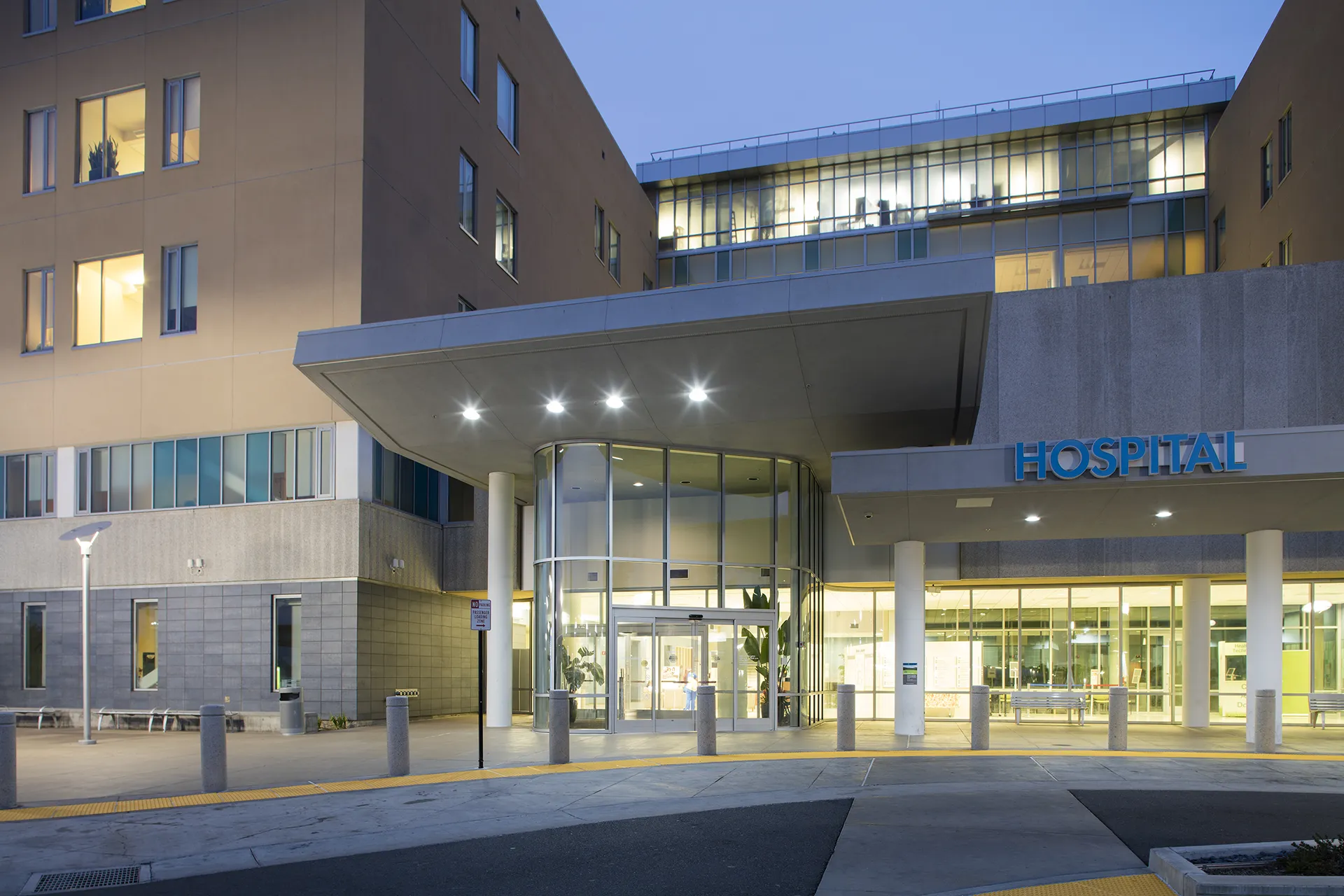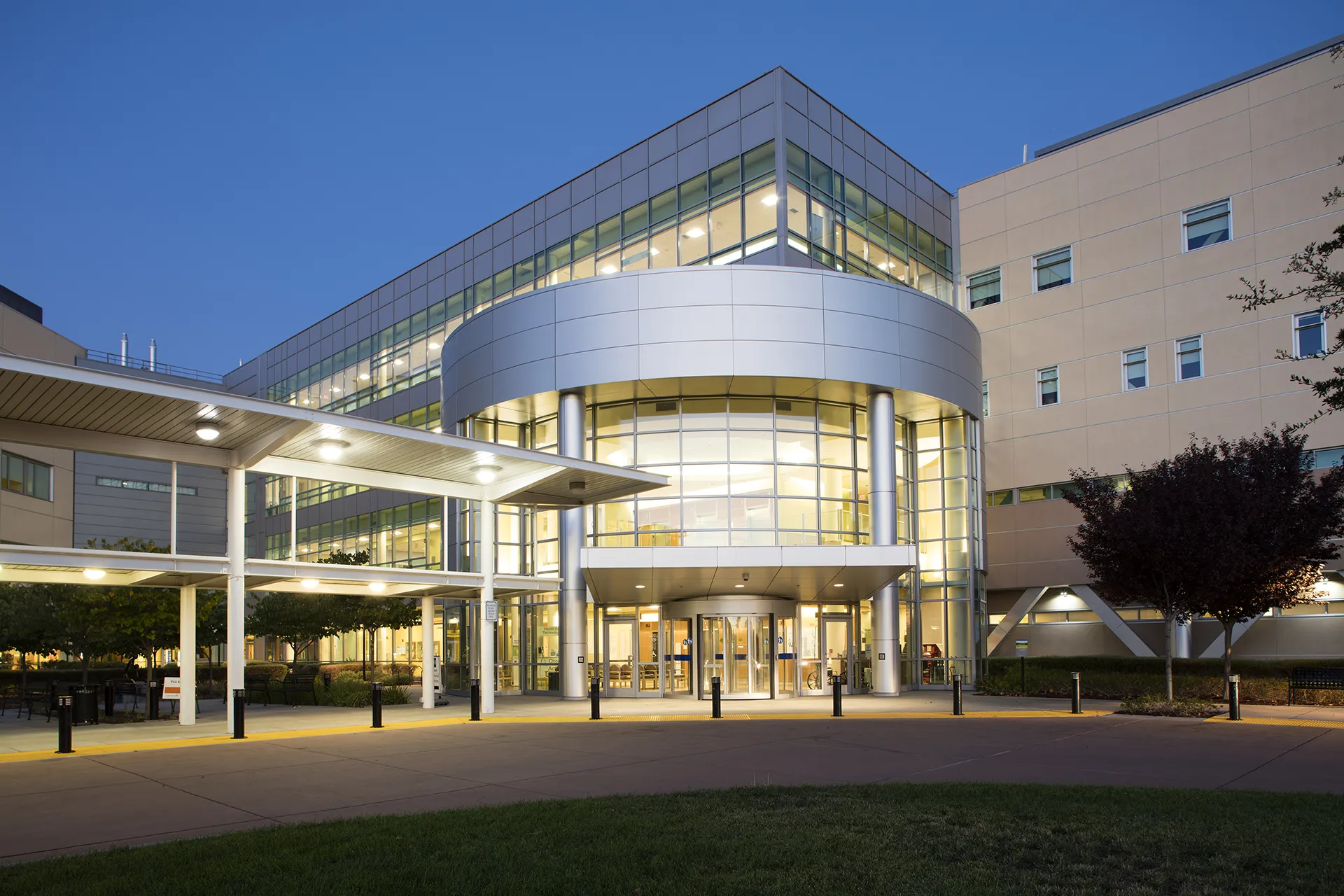Associate Post Master’s Mental Health Fellowship – Vallejo


Vallejo is a rapidly growing community in Solano County that includes Downtown Vallejo, Mare Island, Northgate and the Waterfront. The surrounding area provides a number of fun activities including a Six Flags amusement park, naval museum exploring the history of the city and former naval base at Mare Island, concerts and films at the historic Empress Theater, hillside trails and rugged beaches at the Benicia State Recreation Area. San Francisco is easily accessible via the Vallejo Ferry and the Napa wine country is less than an hour’s drive away. The cost of living in Vallejo is one of the most affordable in the Bay Area.
Kaiser Permanente Napa Solano, first established in Vallejo in 1945, has steadily grown to serve 312,000 members, spanning an area stretching from the Carquinez Bridge north to Vacaville and Dixon, through the Napa Valley to Calistoga, and over to Benicia.
The Kaiser Vallejo Medical Center, rebuilt in 2010, is comprised of a 267-bed hospital and large outpatient medical office complex offering a range of primary care and specialty services. The hospital houses the renowned Kaiser Foundation Rehabilitation Center, which provides state-of-the-art rehabilitation services to health plan members throughout Northern California. The ethnic diversity of the patient population is broad and includes Latino/a, African American, Pacific Islander, Asian, Caucasian, and those of other backgrounds. Kaiser Vallejo provides services to a large Medi-Cal population and functions much like a county hospital.
Program Curriculum
Equity, Inclusion & Diversity
We are committed to nurturing and integrating diversity training into every aspect of our Associate Post Master’s Mental Health Fellowship Program by:
- Providing fellows with opportunities to work with patients who represent a wide range of diversity, including ethnicity, gender, sexual orientation, age, religion, socioeconomic status and abilities.
- Placing a high value on encouraging and supporting fellows’ willingness and ability to engage in self-reflection and learning about their assumptions, privileges and habits that could have a negative impact on clinical interactions with patients who are different in significant ways from them.
- Maintaining a consistent focus in clinical supervision on expanding fellows’ multicultural awareness and competence in the provision of psychotherapeutic services and by providing guidance and resources on topics related to diversity.
- Providing formal didactic training on a range of diversity topics (e.g., discovering and mitigating unconscious bias, respecting every voice, and cultivating a sense of inclusion and belonging in the workplace).
- Encouraging fellows to participate in the Regional Mental Health Training Program EID Forums, which provide advanced training on topics related to cultural humility and competence and a safe space in which to reflect upon and discuss their varied experiences.
Didactic Training
Regularly scheduled weekly didactic seminars are organized and administered at the regional level for all Kaiser Permanente Northern California mental health trainees. Fellows are required to attend the two-hour weekly seminar, which focuses on aspects of clinical practice that the residents may not regularly encounter. Diversity issues are always integrated into seminar presentations.
Recent seminar topics included: Frontiers in Trauma Treatment; Advanced Risk Assessment; Updates in Substance Abuse Research & treatment; Advancements in Psychopharmacology; Cognitive Processing Therapy; Technology and Mental Health; Trans/Nonbinary Mental Health; Building a Better Brain through Exercise, Nutrition, Sleep and Stress Management; and Self-compassion.
Our Regional Mental Health Training Program also sponsors professional training courses for continuing professional development. These courses and presentations are offered at select times during the year for all KP mental health trainees and staff at Kaiser Northern California Medical Centers. We bring in national experts and keynote speakers on a variety of cutting-edge topics in mental health treatment and research. Fellows are required to attend these monthly regional trainings in addition to the weekly didactic seminars. Training course dates and a list of speakers and topics can be found on the Regional Mental Health Training Programs website. In addition, many of these lectures are recorded and available under the continuing education lecture library.
The clinic provides the following trainings:
- Motivational Interviewing
- Trauma and addiction
- Principles of harm reduction
- Family system and addiction
- Youth treatment of addiction
- CBT and DBT treatment for addiction
- Mindfulness-based intervention
- MAT and chronic pain
- Stress management and anger management with addiction
- Neurobiology of addiction
- Co-occurring disorders and treatment models
- Community Support Meeting
- Cultural humility with diverse population
- Addiction and stigma
- Group facilitation skills
Seminars and Meetings
All Post Master’s Fellows have the opportunity to attend case conference meeting a few times a week. There is a once-a-month clinical case conference meeting that all staff and trainees attend. There are staff meetings, business meetings, and morning huddles that all staff and trainees are expected to attend.
Supervision
All fellows are provided with two hours of weekly individual supervision with a primary and secondary supervisor, and two additional hours of weekly group supervision.
The primary and secondary supervisor is responsible for supervising the direct delivery of clinical services. This supervisor takes the lead role in monitoring the fellow’s progress, providing feedback on strengths and areas in need of further development, ensuring effective and safe patient care, adequate documentation, and evaluating training schedules.
Group supervision includes opportunities for fellows to present and discuss cases. Fellows learn how to address treatment through a cultural framework including ethnicity, language, age, gender and sexual identity. Group supervision allows for vicarious learning, practice with professional public clinical presentations, and learning how to give and receive feedback.
Community Partnership Program
Reflecting Kaiser Permanente’s core commitment to mental health and wellness in our communities, each trainee will spend at least 32 hours during their training year on a Community Partnership Project that focuses on improving mental health in the local community beyond our Kaiser Permanente members. Most recently our partnerships have been with Trinity Center, Dozier Libbey Medical High School, KP Launch Summer Internship. Other local opportunities available.
The goal of these projects is to provide outreach to underserved populations in the community to promote healthy behaviors. Training Objectives include developing acquaintance with the tenets of Community Psychology, as well as gaining experience in community outreach, and the development of partnerships within internal and external systems.
Tracks and Rotations
(AMRS) Adult Abstinence Program Track
Addiction Medicine and Recovery Services (AMRS) provides treatment for patients with Substance Use Disorder. There are limited services for their friends and family members, as well. The program consists of multiple levels of treatment depending on the severity and the needs of the patient. The programs are a combination of integrated and group-based care with a mixture of psychoeducation and process groups. The clinic also offers a harm-reduction program for patients whose goals do not include complete abstinence. AMRS offers patients a combination of all virtual, all in-person, and hybrid services.
The clinic also provides medical services for patient such as outpatient medical detoxification and medication assisted treatment, psychiatric services, triage, and individual therapy.
Post Master’s Fellows will gain experience in facilitating psychoeducation and process groups, providing triage services and conducting intakes. Fellows will practice managing their own caseloads, coordinating care with a multidisciplinary team within the clinic and other departments, and providing individual therapy. The severity of the cases that the fellows see are varied and the caseload sizes also vary.
(AMRS) Adolescent Program Rotations
The adolescence program is for youth ages 13 to 17 with a substance use disorder. Each youth is assigned a primary therapist and there is an in-person Multi-Family group on Tuesday and Thursday nights from 5:30p.m to 7:00p.m. The Multi-Family group is a 12-week program.
Fellows in the adolescence program gain experience conducting youth intakes and are assigned as primary therapists. The number of cases in a caseload varies. All youth treated in the Adolescent Program have some form of Substance Use Disorder. The primary therapist is responsible for treatment planning, individual therapy, working with the caregiver, facilitating the Multi-Family Group, care coordination, triage, and crisis management with the patient.
Schedule
Trainees will engage in a hybrid remote/in-person work schedule. All fellows can expect to be in the clinic 4 days a week with one work-from-home day. Once-a-month half day shift rotations are sometimes assigned during the weekends.
Schedule is as follows:
- Direct Patient Care: 20 plus hours a week
- Individual Supervision: 2 hours a week
- Group Supervision: 2 hours a week
- Team/Huddle/Staff Meetings: Ranging from 3 to 5 hours a week.
- Case Conference: 1 hour a month
- Regional Training and Didactics: 2 plus hours week
- Non-Patient Care: 9 hours a week
- Community Benefit Project: 32 Hours per training year
